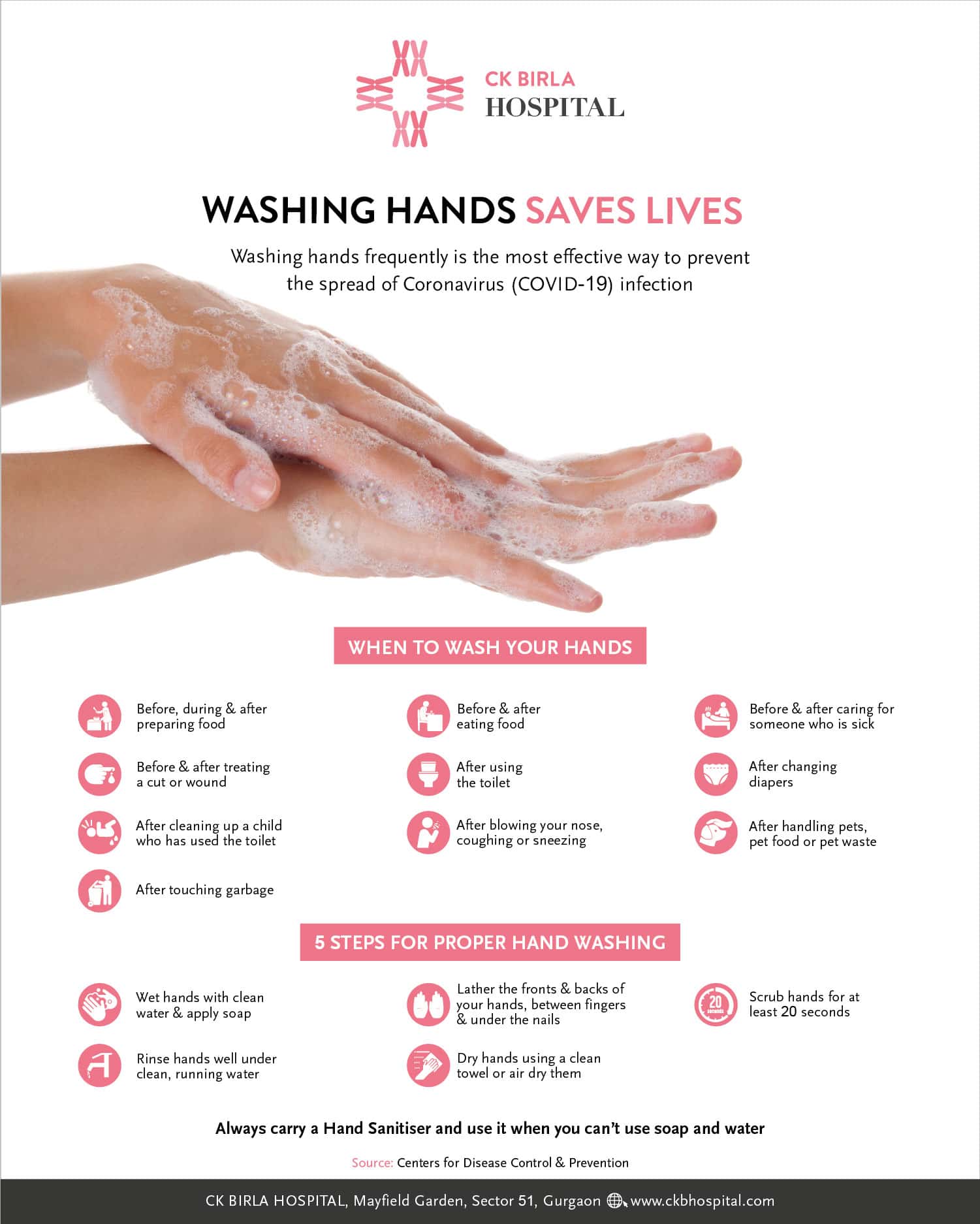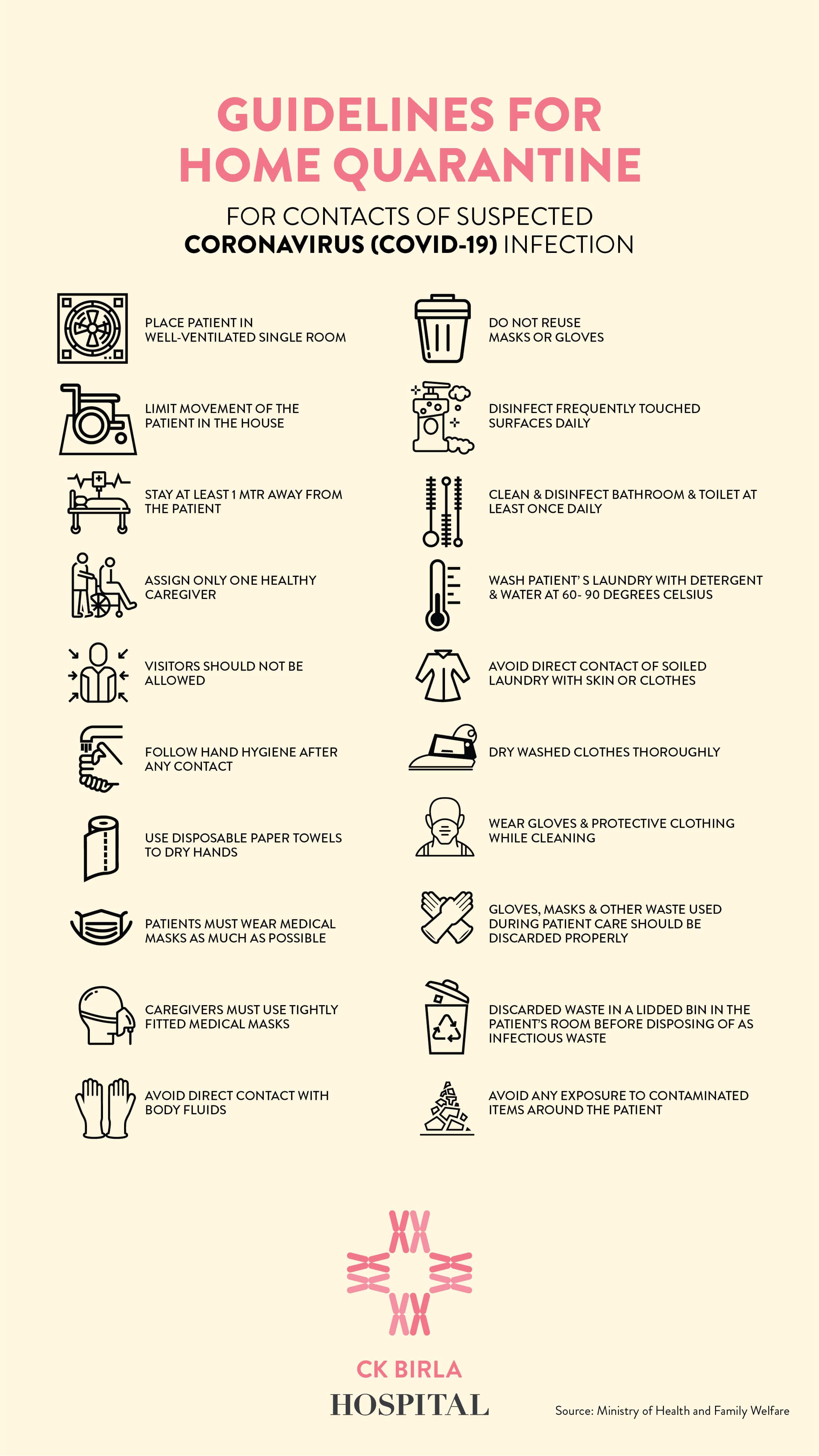
India is fighting an arduous battle to contain the spread of novel coronavirus disease. According to the latest stats released by the Ministry of Health and Family Welfare, as of 21 March 2020, a total of 298 COVID-19 cases have been reported in 22 states/union territories of India. Out of this, 23 patients have been cured, one has migrated, while four succumbed to the disease.
Table of Contents
Washing your hands regularly for a minimum of 20 seconds and avoiding contact with contaminated surfaces are the best methods to keep yourself from contracting the disease. Apart from these precautions, self-quarantine has also been recommended to all citizens of India.

India has been able to manage the outbreak until now with only a few reported cases. However, it is suspected that we are currently in the third stage of the pandemic, which means the number of infected people will multiply exponentially shortly unless we take proper precautions.
In light of this situation, the central and state governments have set up additional labs for free coronavirus testing. Moreover, for the good of the public, they have updated the protocols for screening for COVID-19.
Quarantines are generally used by governments to prevent the spread of contagious diseases. Quarantine is meant for people who do not have any symptoms of the disease but have been exposed to the sickness. This group of people includes relatives of patients, caregivers, friends, etc. Quarantine, however, must not be confused with isolation. Isolation is a precautionary measure for individuals who are already sick to keep them away from those who are healthy.
Amid the pandemic outbreak, the responsible citizens of the country need to make educated choices for their own health, as well as of others. To prevent the spread of coronavirus disease, the Ministry of Health and Welfare has advised a self-quarantine of 14-days for anyone who:
Presently, there’s no legal sanction behind this recommendation. However, it is an important step that will go a long way in helping India win this fight against COVID-19.
All quarantines are not the same. However, if you are home-quarantined for COVID-19, we have compiled a list of dos and don’ts to help you complete your quarantine successfully without adversely impacting your mental and physical health.
Stay at one place – This is the most crucial aspect of your quarantine. Limit yourself to one, well-ventilated room and avoid contact with others. You should strictly not entertain any visitors at this time. Instead, spend your time doing something you never had the time for – such as painting or writing or even catching up with friends over the phone.
Avoid mass gatherings – A person under quarantine must not attend any weddings, funerals or religious functions. They must also stay away from the elderly, small children, those with compromised immunity and pregnant women.
Maintain proper hygiene – Do not swap plates, share food, or use common cutlery. Instead, eat in your room and wash your utensils properly before replacing them in the common area. You should clean and keep your utensils and laundry separate during this period.
Your dog is safe – Dogs and cats cannot transmit coronavirus, and there’s no reason to abandon them. However, if you are under quarantine, avoid kissing, petting or hugging your pets for a few days.
Wash your hands often – At the cost of sounding repetitive, we would once again reiterate the importance of washing your hands with soap for at least 20 seconds after you touch any surface and before touching your face or having meals.
Wear and change masks regularly – Wear a mask at all times and change it after every 6 to 8 hours. Used masks should be first disinfected and then burnt, instead of being directly disposed of.

There is a lot of wisdom in this age-old saying that prevention is better than cure. That’s why we urge you to take proper precautions and play your part in helping India fight this global pandemic. Here are some tips to stay safe from COVID-19: